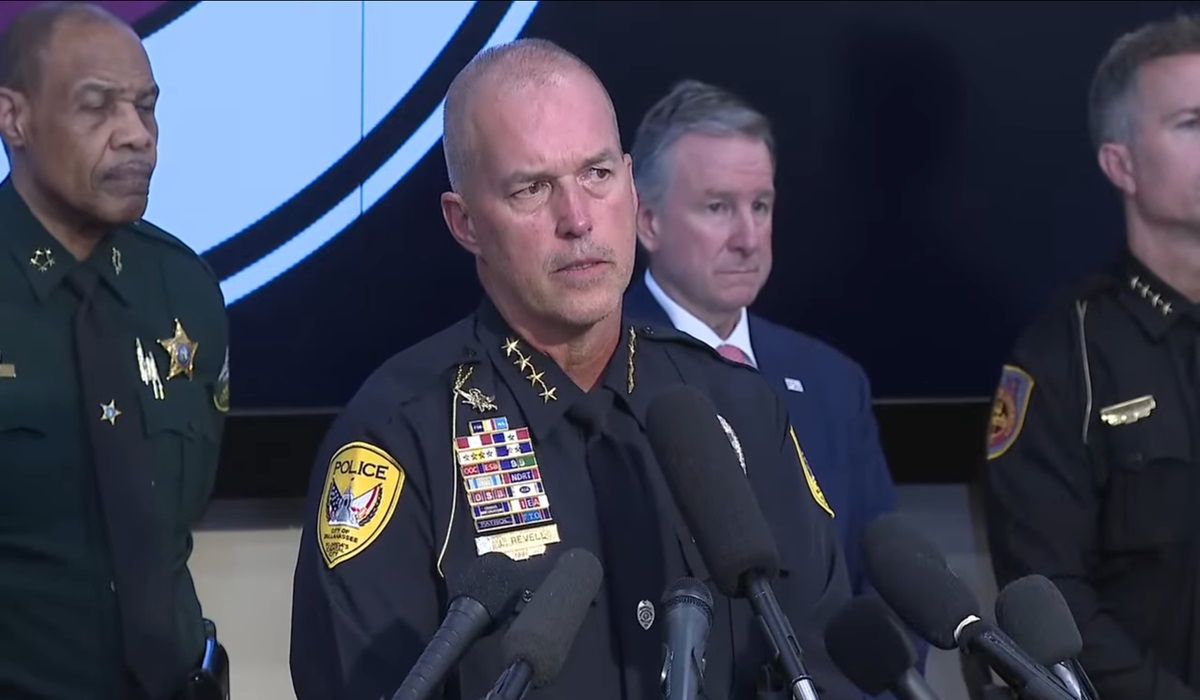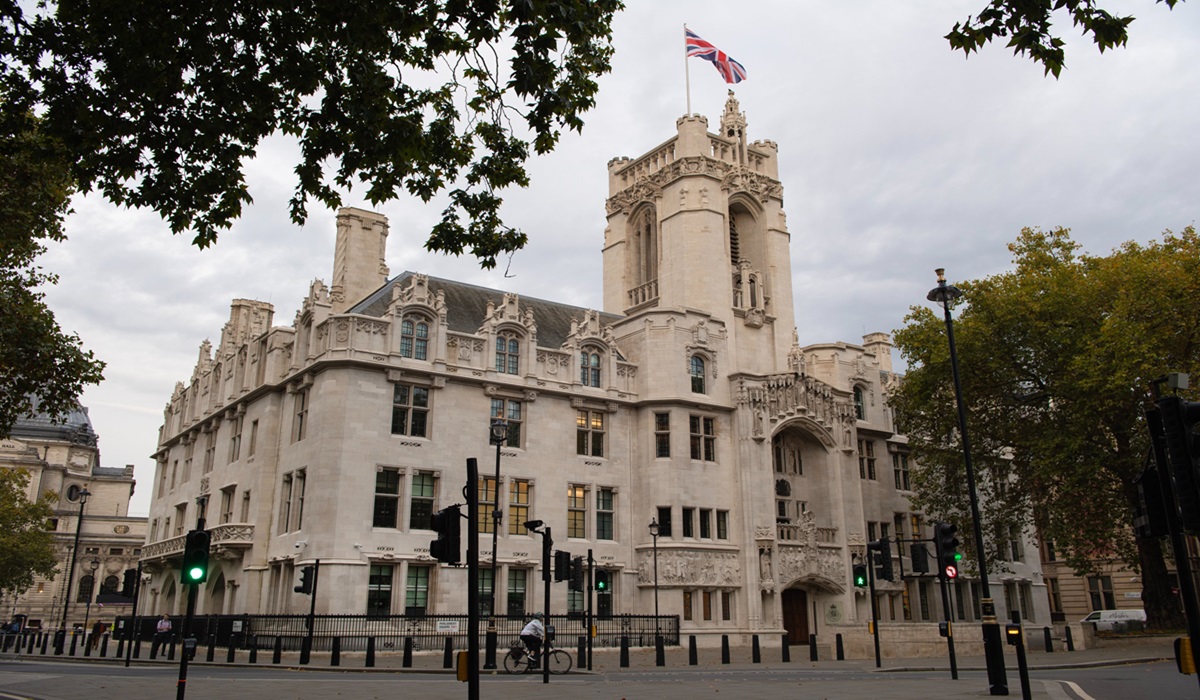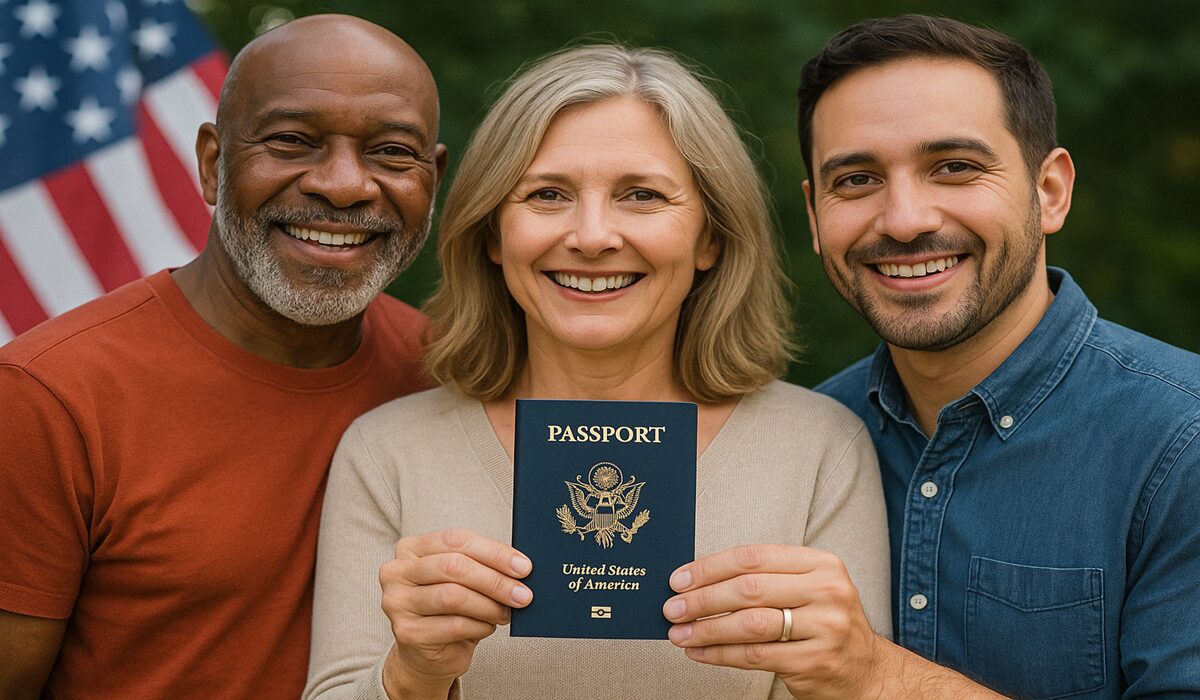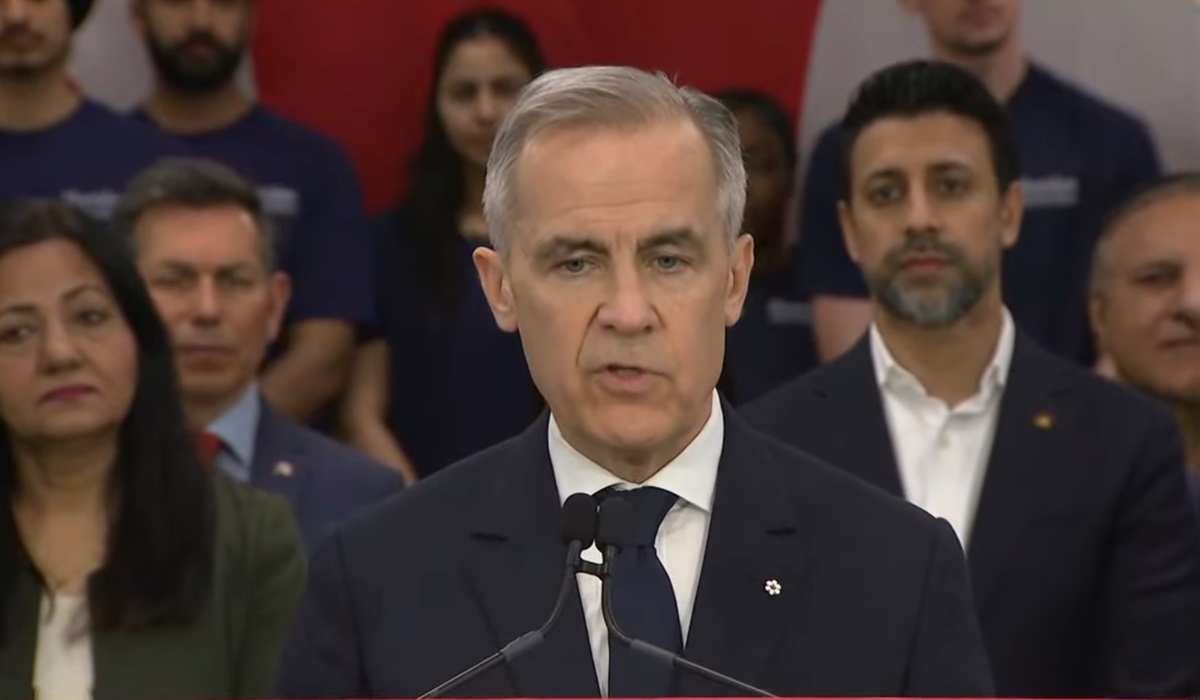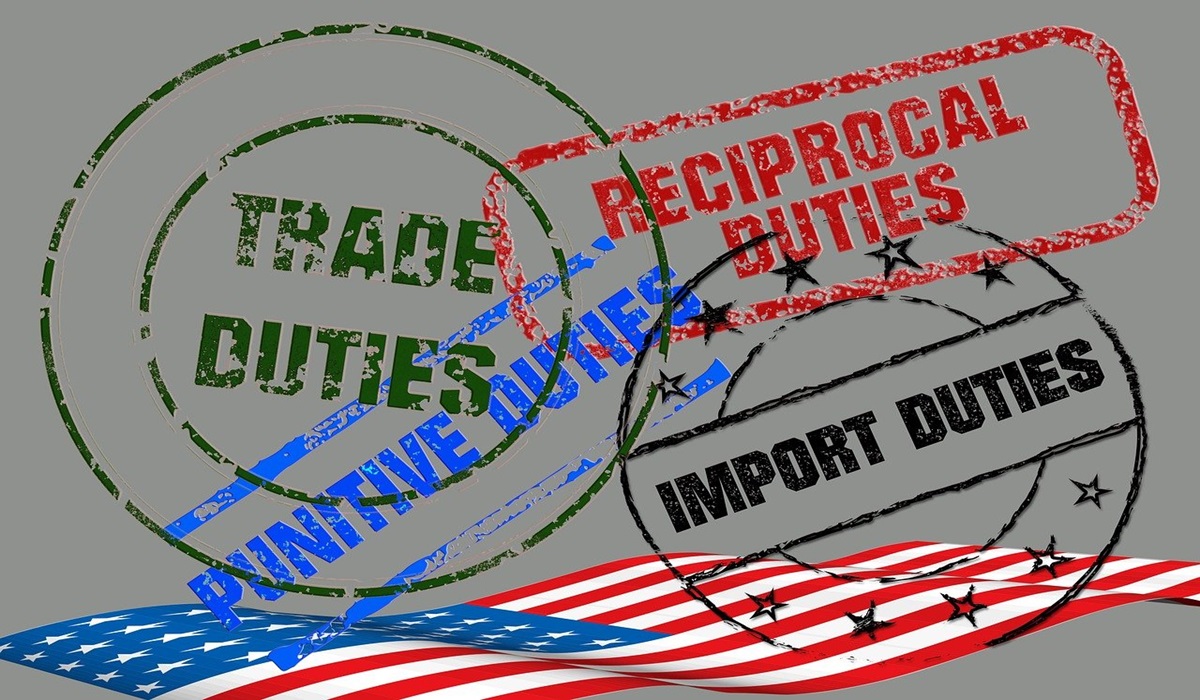Canada’s Veterans Have Waited Long Enough: Poilievre Unveils Sweeping Overhaul of Veterans Affairs
- TDS News
- Breaking News
- April 12, 2025
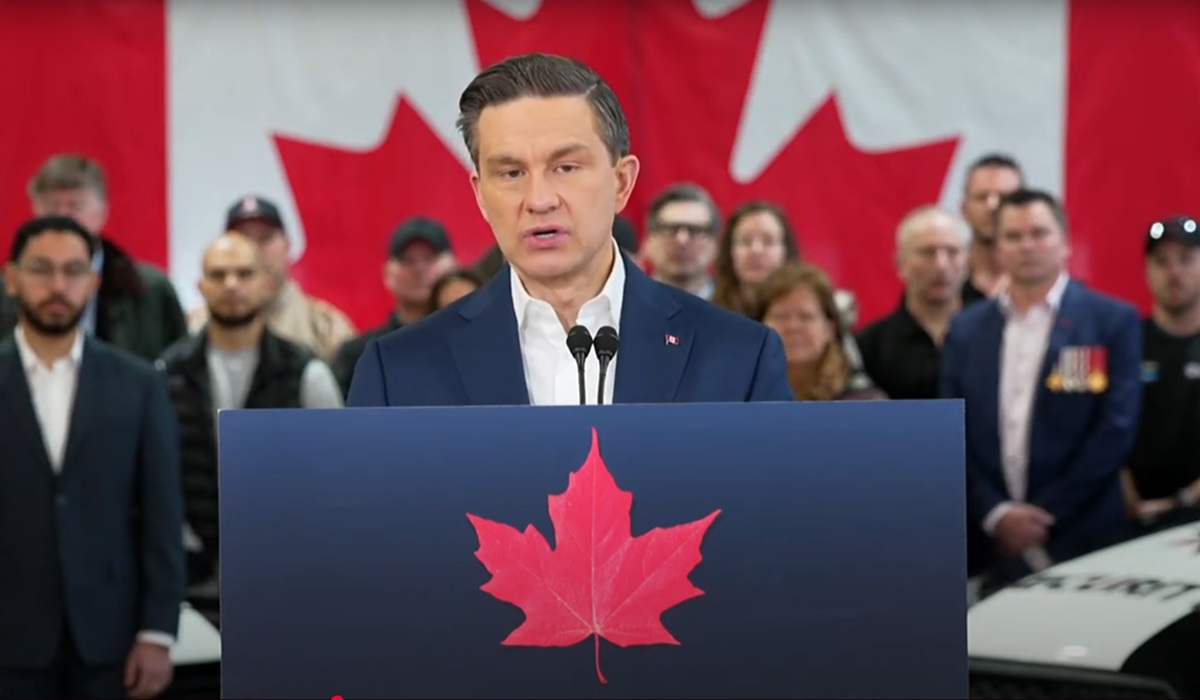
For years, Canada’s veterans have had to wage a second battle—not overseas, but at home, and not against a foreign adversary, but against their own government. It’s a war of paperwork, neglect, and systemic failure that has left some of our nation’s heroes homeless, forgotten, and buried under red tape. Today, Conservative Leader Pierre Poilievre announced a bold new plan to end the disgrace, rebuild Veterans Affairs from the ground up, and finally give veterans the respect and support they’ve earned in uniform.
The announcement comes amid a renewed national reckoning with the department’s chronic failures. Canadians still remember the story of a former army sergeant who suffered serious injuries while serving his country, only to spend nearly two decades fighting for basic recognition and compensation. Despite clear documentation, multiple advocacy campaigns, and desperate pleas as he teetered on the edge of homelessness and PTSD, it took hundreds of letters and relentless pressure before he was made whole. It is one story among thousands, and the system has barely changed.
“Veterans shouldn’t have to fight their own government for the benefits they earned,” said Poilievre, in a blunt rebuke of the status quo. “But under the Liberals, they face endless delays and denials—waiting months or even years for disability claims. That is wrong, and I will change it.”
At the heart of Poilievre’s plan is a fundamental promise: no veteran will be abandoned by their government again. His proposed reforms start by ensuring that veterans’ benefits are in place before they even leave the military. That means a seamless transition from active duty to civilian life—no limbo, no waiting games.
The plan mandates automatic approval of disability applications if they are not processed within 16 weeks, ending the cruel practice of administrative purgatory. It gives veterans full control over their own medical records and empowers military doctors to assess injuries using a single, standardized system. PTSD service dogs, often life-saving for struggling veterans, will be nationally supported with consistent standards, and education benefits will be unlocked as soon as a service member is issued a release date—not months or years later.
The Conservatives are also looking to overhaul hiring and employment opportunities. Veterans and their spouses would be prioritized for jobs in the public service, and veteran-owned businesses would be favored in federal contracting. Internal hiring at Veterans Affairs would double, and veterans with existing security clearances would have them fast-tracked for renewal to avoid losing job opportunities.
The transition into private sector life also gets a major boost. Poilievre’s plan includes a new system for recognizing military-acquired skills using a Red Seal-style certification, giving veterans tangible credentials for civilian employment. Military experience will translate into post-secondary course credits, and the unjust clawback of military pensions for veterans who get jobs will be abolished—income from new employment will be treated as supplemental, not a replacement.
On the national stage, symbolic recognition also matters. A Conservative government would immediately recognize Veteran Service Cards as valid government ID across the country, and finally complete the long-overdue National Monument to Canada’s Mission in Afghanistan. Veterans of the Persian Gulf War would also receive official recognition for their wartime service—decades late, but better than never.
But this isn’t just about policy. It’s about trust. The Liberals famously promised that no veteran would have to take their government to court to get the benefits they were promised. And yet, that’s exactly what happened. When veterans asked for help, the Liberal response was insulting: “they’re asking for more than we are able to give right now”—this, from a government that gave millions of taxpayer dollars to a convicted terrorist.
They also promised to bring back lifelong pensions for injured veterans—another broken promise. They claimed they’d improve service access, but instead slashed the number of case managers, allowing a crisis to balloon. Today, tens of thousands of veterans are waiting, hoping, and surviving on nothing more than the hope that someone in Ottawa still gives a damn.
After what Poilievre calls “the Lost Liberal Decade,” many veterans feel abandoned by a country they once served with pride. He is positioning his campaign not just as a political shift but as a moral reckoning. “They fought for us,” he said. “It’s time for a government that fights for them.”
What Poilievre is proposing isn’t radical—it’s long overdue. It’s a restoration of a basic promise: that those who put their lives on the line for this country should not come home to broken systems and broken lives. Veterans should not be punished with poverty, silence, and shame for having served.
Canada doesn’t need more hollow apologies. It needs a government willing to act decisively, transparently, and with purpose. Because if we can’t get it right for the men and women who were willing to die for us, then we’ve failed the very soul of this nation.
And the time to stop failing is now.

